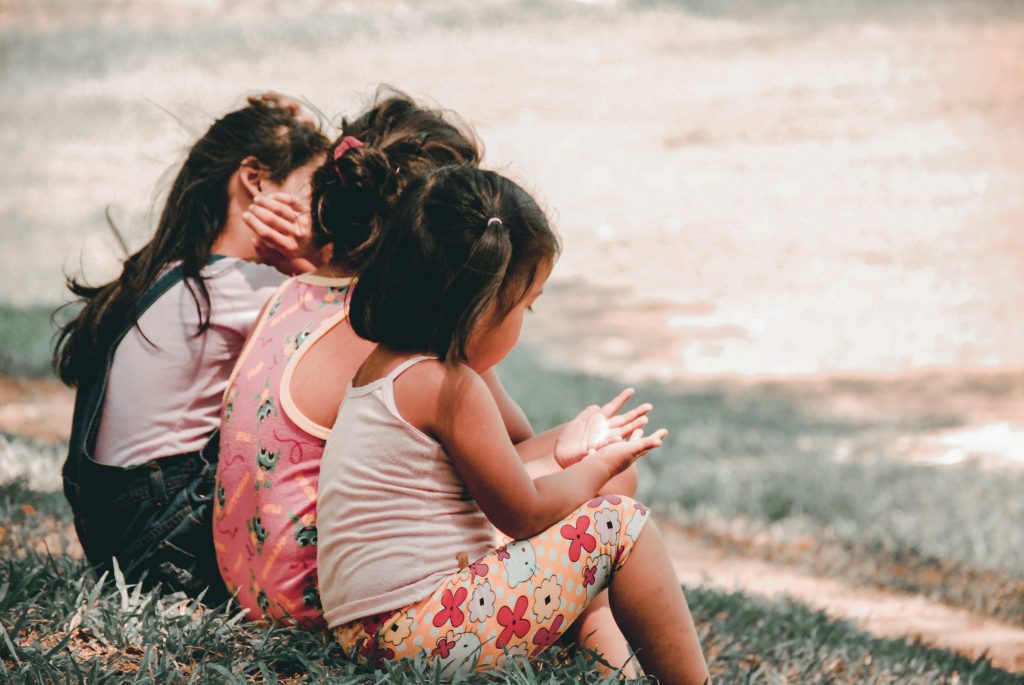When you think of how best to raise your child, you probably think of nutrition, sleep, and personal hygiene. But does play ever cross your mind? Playtime has multiple benefits for your children, and should definitely not be dismissed over things like academics and knowledge-building. Wondering if it’s time to include playtime into their daily routines? Here are multiple reasons why your kids need playtime to grow into well-rounded adults.
Playtime Has Cognitive Benefits
The next time someone asks why your kids need playtime, tell them it’s improving their cognitive ability. And no, this isn’t a lie! Playtime can take many forms, whether it’s with a pillow fort, a bunch of dolls, or simply imagination. But at its core, it’s an activity that stimulates, engages, and challenges your little one’s mind.
Being able to play, whether alone or with others, promotes critical thinking skills. It reinforces your child’s memory when they name certain toys and pick up an intricate plotline from their previous play session. A range of different playthings – sand, soft toys and pillows, legos – help to improve their tactile perception. It can also encourage your little one to explore and be creative, with nothing but their imagination (and a parent making sure they’re not in physical harm) to stop them.

It Works As A Stress-Buster
Stress is far from something that only adults experience – from fighting with a friend to getting worked up over school, kids also experience stress in their daily lives. A child also needs to be able to let off some steam and destress, and that’s why your kids need playtime. The safe space that playtime provides acts as a buffer to stress, and the feeling of freedom and happiness that it brings can provide them some relief.
You may have noticed how almost all playschool and kindergarten setups have dedicated playtime. A nervous child can loosen up and make friends in a much easier way if they play with their peers.
Playtime Can Help Develop Social Skills
Parents are always concerned about their child’s social skills, worrying about whether or not their little ones will figure out how to navigate the world. Do you feel like you relate? Then this is exactly why your kids need playtime, specifically, playtime with other children. Social playtime is as essential as solitary play since this is where they can begin to develop social skills.
At the most basic level, watching other children playing around can encourage your children to open up to communication. This can be particularly beneficial for children who tend to be more quiet, shy and reserved. If the kids are playing with commonly shared toys, they’re going to learn very quickly that they need to share.
Since play is completely voluntary, any of the kids can step back from playtime for whatever reason – whether out of their own choice or because of a disagreement. This helps the kids better understand consequences and compromise. They become more aware of their playmates’ wants and needs, and learn to compromise with each other so that everyone can meet the same goal – to extend playtime and have fun. They’re going to develop an understanding of social expectations and rules, and be able to share and understand thoughts and opinions.

Playtime Helps Kids Better Understand And Process Their Emotions
Free play gives your kids the opportunity to exercise control over their own choices. This is what truly helps them understand social and communicative norms. More so, it helps them get an insight into themselves, and establish their own limits of what they do. When it comes to things like climbing trees or playing on a swing, kids understand how much is fun, and when fun crosses over into fear. As soon as they feel fear, they can step back from the activity.
Winning a game sure brings a feeling of happiness, but it’s when your child loses that they learn to recognize and process anger, sadness, and feelings of defeat. This can be a great time to teach them about fair play, and how it’s more important to play fair and do their best. Watching your child process these feelings is also a good way to spot if they may have a hard time coping with them. Excessive rage, aggressiveness and anger are all part of problematic behavior that can be nipped in the bud.
Overall, it helps them build confidence, be open to new experiences, learn to set and respect boundaries, and improve their self-esteem.
It Can Help Develop Decision-Making And Problem-Solving
Do you find your little one is turning out to be indecisive, or fussy? Do they turn to you expecting you to solve their every problem? Avoiding such behavioral problems is part of why your kids need playtime. If you’re monitoring their every move and decision while they play, then you need to let go and let their imaginations take over.
As mentioned, children direct themselves and take control of their own actions when they play. They need to do things like exert self-control, learn to give in and compromise, follow the instructions of the game, and play by the rules. They quickly learn that they must abide by these norms if they want to be accepted in the game.
With no parent to help them solve the minor problems of their own games, children must work together to find a solution themselves. They factor in multiple options, thinking about what can work best for them, and of course, what can be allowed by the parents and what will be met with a strict no.
Conclusion
Now that you’ve read through this blog, go out and be the informed parents you should be. You now know just what to say when the critics ask you why your kids need playtime when they could be doing something else. As your tiny tot grows into all their milestones, make sure you’re keeping a track of it all – download the ImmunifyMe app.
FAQs On Why Kids Need Playtime
Why Is Play Time Important?
Playtime helps your child to develop cognitive skills, while also teaching them about social norms. It improves their understanding of social skills, and helps with problem-solving and decision making. Plus, it’s fun and gives them joy!
Why Do Kids Need Playtime In School?
Playtime in school gives kids a break from all school-related activities. It gives them the chance to interact outside of school work and helps them form friendships with their peers. It also gives them the confidence to learn independently and develop skills you can’t teach in a classroom.
Why Is It Important For Kids To Have Fun In School?
If kids have fun in school, they associate positive, happy feelings with schooling. This can help them look forward to it and assimilate better with their classmates.






